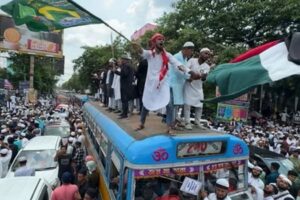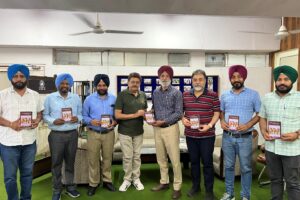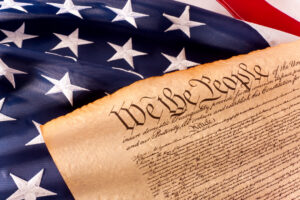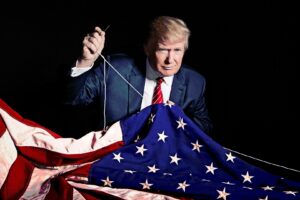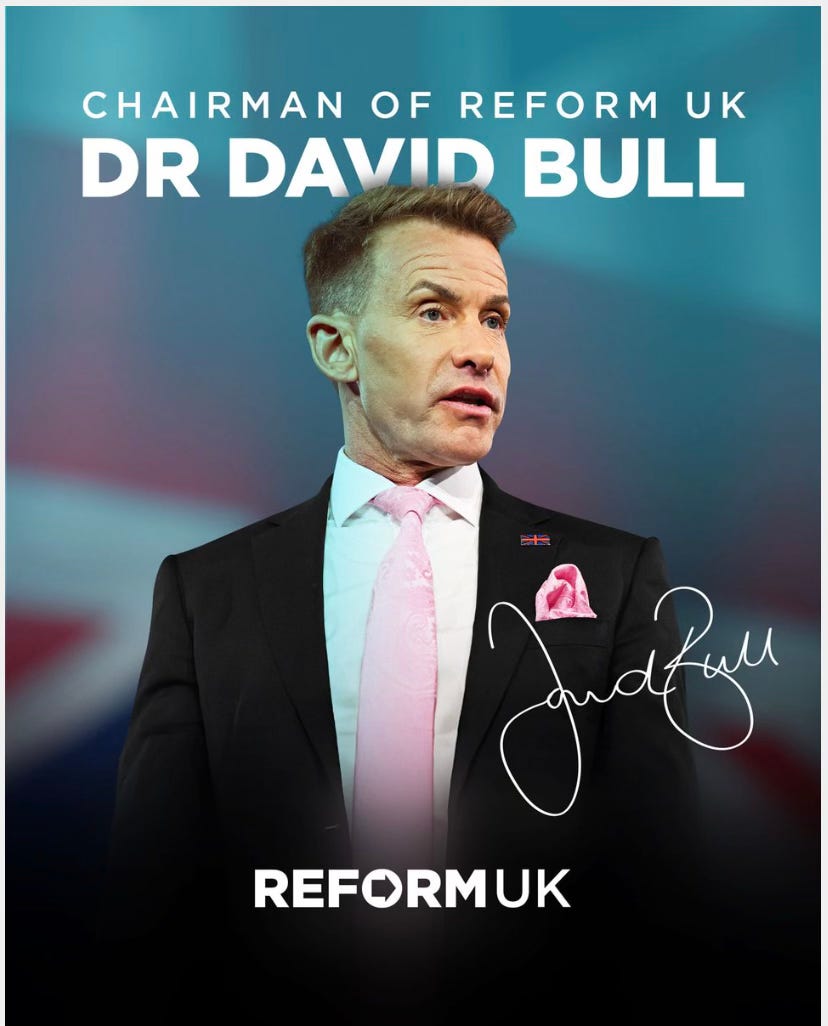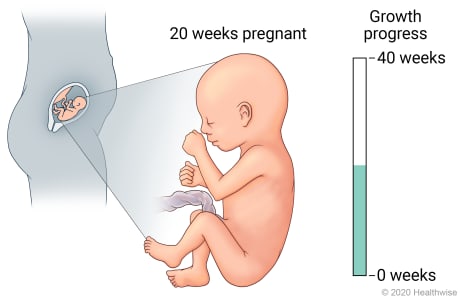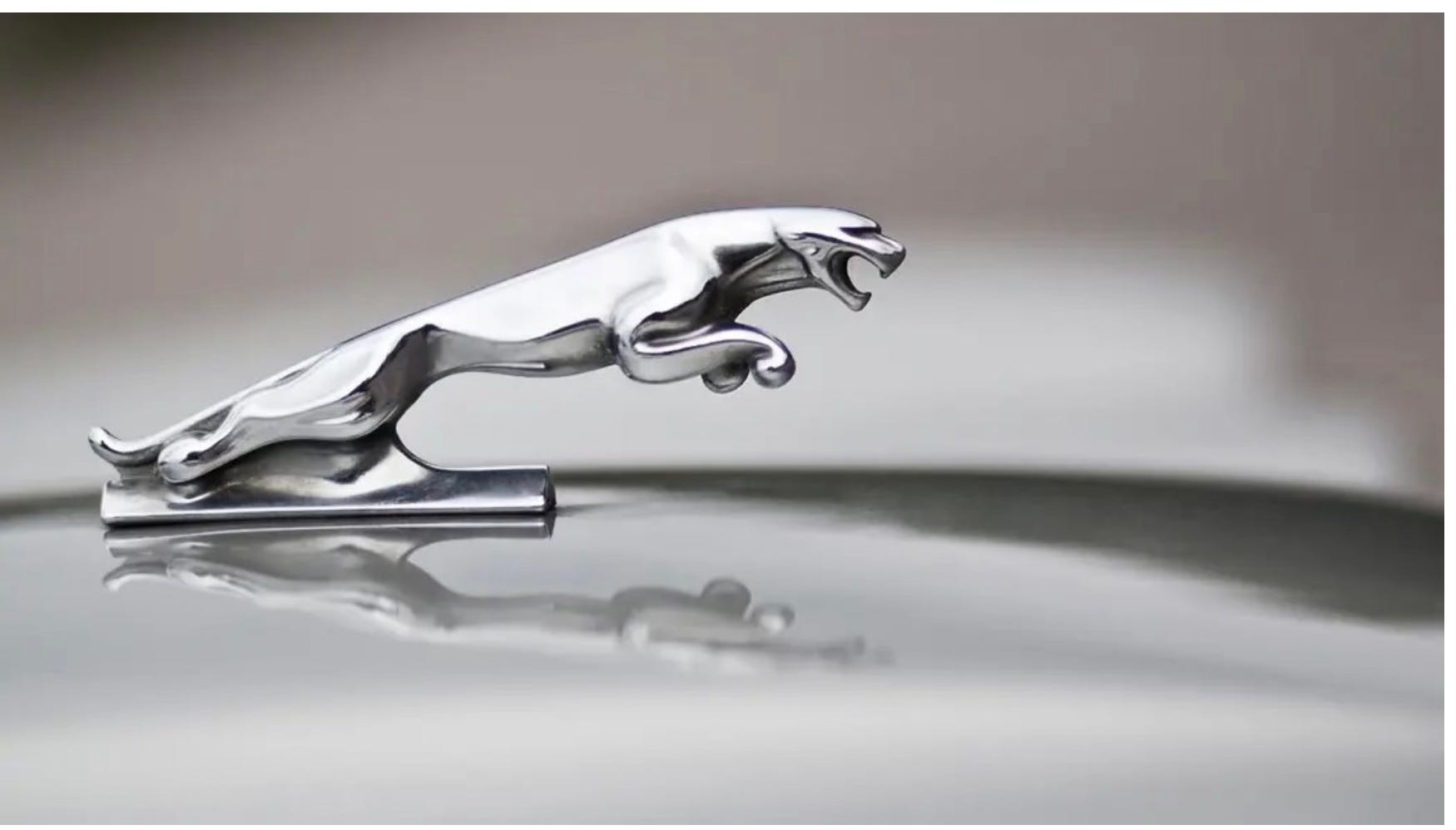David Vance SubstackRead More
I listened to a discussion on the BBC asking “Could taking carbon out of the sea cool down the planet?” Yeah, I did a double take on that one as well thinking it was a spoof but it wasn’t.
It is a UK pilot project aimed at removing carbon dioxide from seawater to “combat “climate change. It is presented as a potential tool to mitigate imagined global warming, but there are MANY dangers associated with this approach.
One major danger lies in the potential ecological consequences of manipulating seawater chemistry. The process here involves spreading seawater over a large surface area to release CO2, which could alter the ocean’s chemical balance. Seawater contains a delicate equilibrium of carbon, nutrients, and marine life, and large-scale extraction of CO2 could totally disrupt this balance. For instance, changes in seawater pH or carbonate levels might harm marine organisms, particularly those with calcium carbonate shells, such as corals and mollusks, which are already stressed by ocean acidification. I used to keep Marine Fish in a big tank at home and the water chemistry was crucial. If it went off, there could be fish wipe out.
The BBC mentions that the pilot project removes only 100 metric tonnes of CO2 annually—a negligible amount—but scaling up could really amp up those risks. Without comprehensive studies on long-term ecological impacts, this technology could damage delicate marine ecosystems, which are critical for global biodiversity and food security. This is something we continually observe in the “environmental movement” – it is anti-the environment!
Scalability presents another significant challenge with inherent dangers. The article acknowledges that the current project’s CO2 removal is “tiny” compared to global emissions, equivalent to less than a single transatlantic flight. Scaling this process to a level that meaningfully impacts atmospheric CO2 would require vast infrastructure, potentially covering large swathes of coastal or oceanic areas. Such expansion could lead to habitat destruction, interference with marine navigation, or conflicts with fishing industries. The logistics of managing and disposing of the extracted CO2—whether stored underground or repurposed—pose further risks. Leakages from storage sites could release CO2 back into the atmosphere or contaminate groundwater, undermining the project’s purpose and creating new environmental hazards.
The energy demands of this technology also raises red flags. Extracting CO2 from seawater and processing it requires significant energy inputs, which the BBC casually ignores. If this energy comes from fossil fuels, the process could generate more CO2 than it removes, negating its climate benefits. Even with renewable energy, the infrastructure buildout for large-scale operations would require substantial resources, including rare earth metals for batteries or solar panels, which have their own environmental costs. The energy-intensive nature of the process could strain global energy systems, especially in regions already facing energy shortages!
The BBC does not discuss the costs of the pilot project or its potential scale-up, but similar carbon capture technologies are notoriously expensive. Additionally, public or private investment in unproven methods might divert funds from more immediate and effective solutions.
This whole enterprise seems likely to damage the marine eco system and a financial non-starter yet the BBC is pushing it as a real game changer.
At the heart of all this folly is the idea that climate change is a problem when it isn’t.
****I put out at least three articles a day. If you enjoy all this can I ask you to consider to becoming a PAID subscriber, it’s only £5 a month, you can cancel if you don’t enjoy it but I know you will. I want to thank the kind people who already do this, without your help this becomes impossible. Thank you in anticipation of your support***











